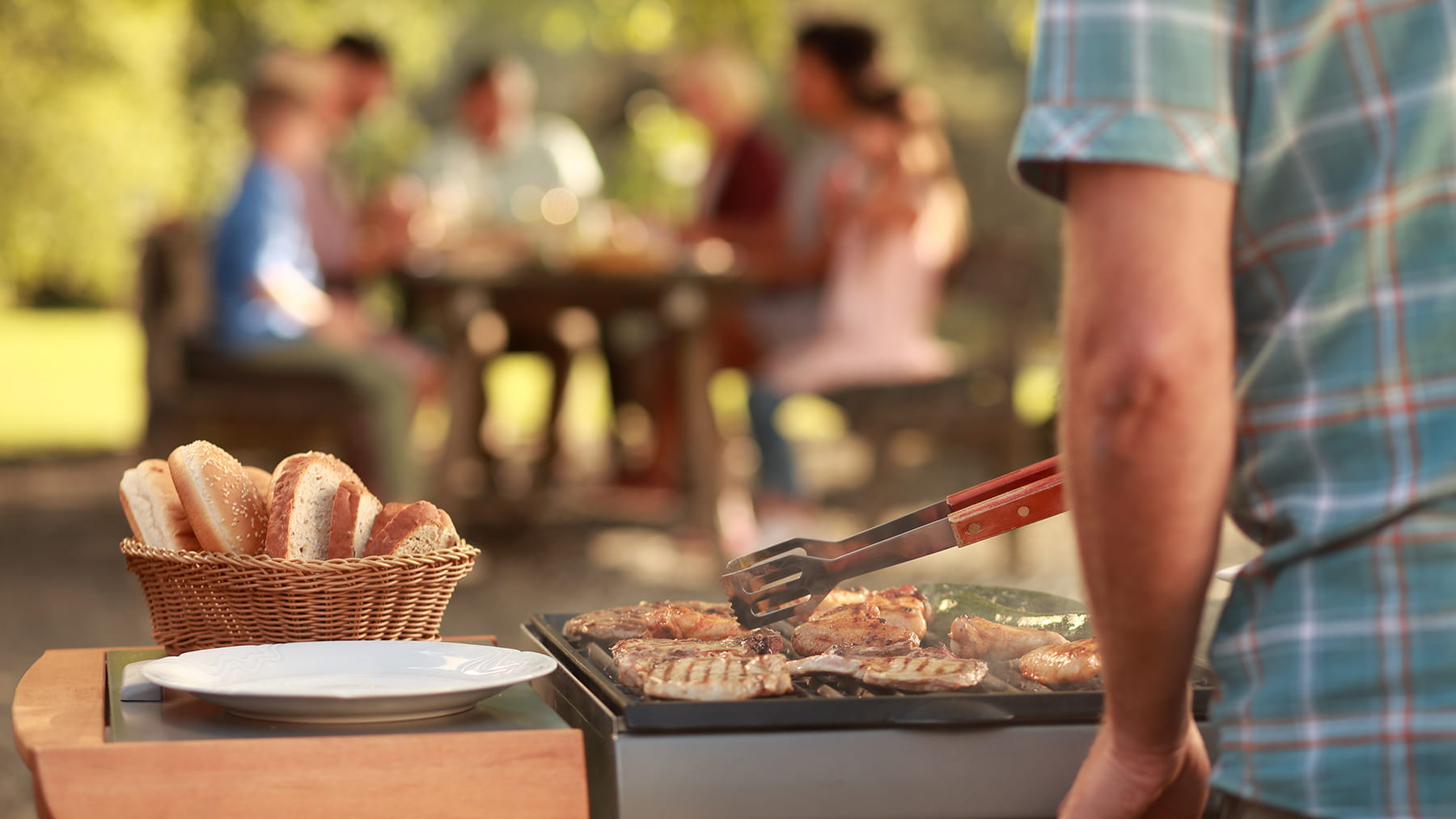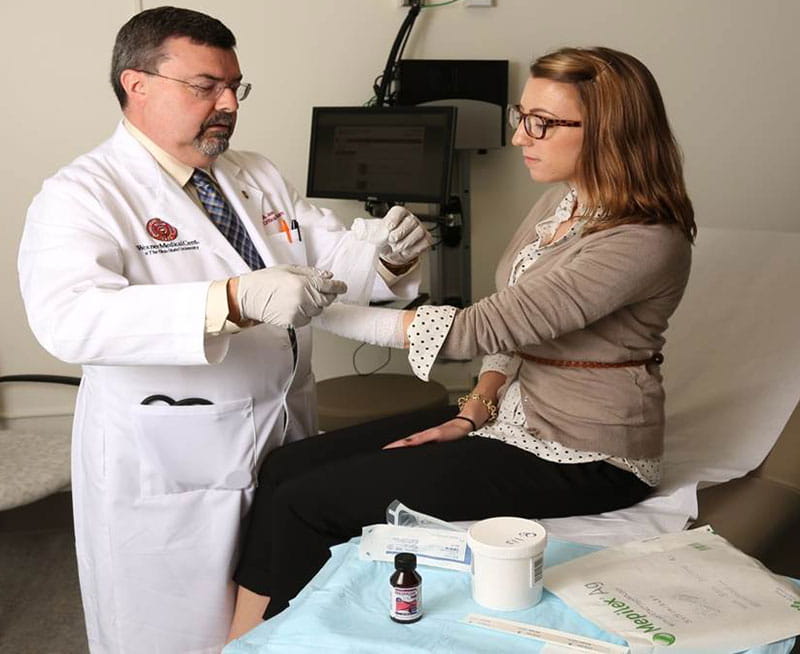Common sense key to preventing grill fires

Not only did that practice likely lend an odd flavor to the barbecued food, it wasn’t the safest thing to do. There are several similar scenarios that can cause injuries around the grill, and many common-sense behaviors that will keep them away.
“It’s typically starting the grill that causes the problem rather than touching it,” says Larry Jones, MD, of The Ohio State University Wexner Medical Center. “You need to be vigilant around grills and keep an eye on everybody, especially the kids.”
Here are several tips from the National Fire Protection Association that can keep you and your family safe when you’re cooking outdoors:
Seek a safe space
Propane and charcoal grills should be used only outdoors and far enough from the home to not cause damage. An open, grassy area is best.
Keep kids away
Children and pets should remain at least 3 feet from the grill at all times.
Keep it clean
Don’t spritz a live fire
Be vigilant
Never leave the grill unattended.
Open the top
If you have a gas grill, be sure to open the top before you light the burners. If the flame goes out and the dials are still turned on, turn them off and wait 15 minutes before reigniting.
Check your connections
Make sure the gas tank hose isn’t leaking before you use it for the first time each year.
“The best way to light a gas grill that doesn’t have a starter is to strike a match and put it in the designated hole, then turn on the gas,” Jones said.
 Jones says injuries suffered from starting a grill typically are burns to the face. Children are more prone to second-or third-degree burns on their arms and hands from leaning on a hot grill.
Jones says injuries suffered from starting a grill typically are burns to the face. Children are more prone to second-or third-degree burns on their arms and hands from leaning on a hot grill.
And, he says, it’s especially dangerous to use gasoline to light fires, whether you’re grilling hamburgers or burning brush. Gasoline can explode, causing severe burns when it’s mishandled.
“It’s always a good idea to have a fire extinguisher nearby,” he says. “Just use common sense.”




